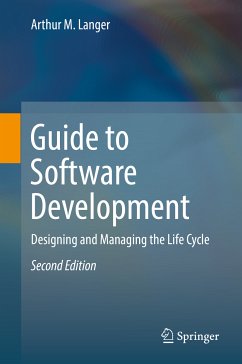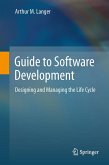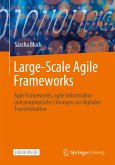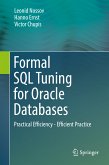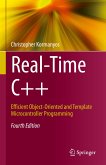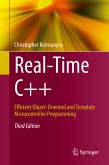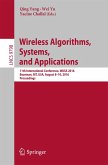This revised and expanded second edition includes new content on such areas as cybersecurity, big data, and digital transformation. Also highlighted is the importance of interfacing directly with the consumers of the business in the modern age of "digital consumerization."
Topics and features:
- Presents concrete examples, effective case studies, and chapter-ending problems and exercises
- Concentrates on the skills and insights needed to distinguish successful software implementations and identify sources of failure
- Discusses both management and technical issues, taking into consideration the political and cultural realities in organizations
- Suggests many alternatives for how to manage and model a system using sophisticated analysis tools and advanced management practices
- Describes how and when professionals can best apply these tools and practices, and what benefits can be derived from their application
- Addresses such topics as build vs. buy, searching for vendor solutions, and vendor contract considerations
Suitable for students of introductory project management, or analysis and design, this practical guide/reference will also be of interest to IT professionals and executives involved in managing software projects, in addition to business managers responsible for ERP and Digital Transformation-type projects.
Dieser Download kann aus rechtlichen Gründen nur mit Rechnungsadresse in A, B, BG, CY, CZ, D, DK, EW, E, FIN, F, GR, HR, H, IRL, I, LT, L, LR, M, NL, PL, P, R, S, SLO, SK ausgeliefert werden.

